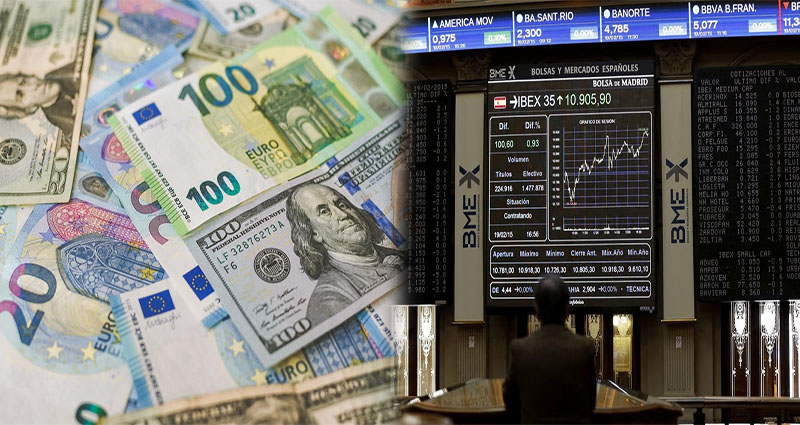The Use of Mathematics in Economics
The use of mathematics in economics is a great tool for the study of economic phenomena. It gives economic theory a concrete form, and helps make economics more practical and logical. It also makes it easier to understand relations and derive results, which is often difficult to do using verbal logic alone.
Mathematical economics is a method of economics
Mathematical economics uses mathematical principles to analyze and predict economic behavior. This method is often used to develop economic theories and policy measures. Because it relies on mathematics, economic theorists are able to make precise predictions and inferences. They also can use quantitative data to test their theories and predictions.
Mathematical economics has paved the way for genuine economic modelling. These models are particularly useful in day-to-day economic policymaking. While there are many qualitative approaches to economic analysis, econometrics aims to translate qualitative statements into quantitative ones. Moreover, it can provide … READ MORE ...










